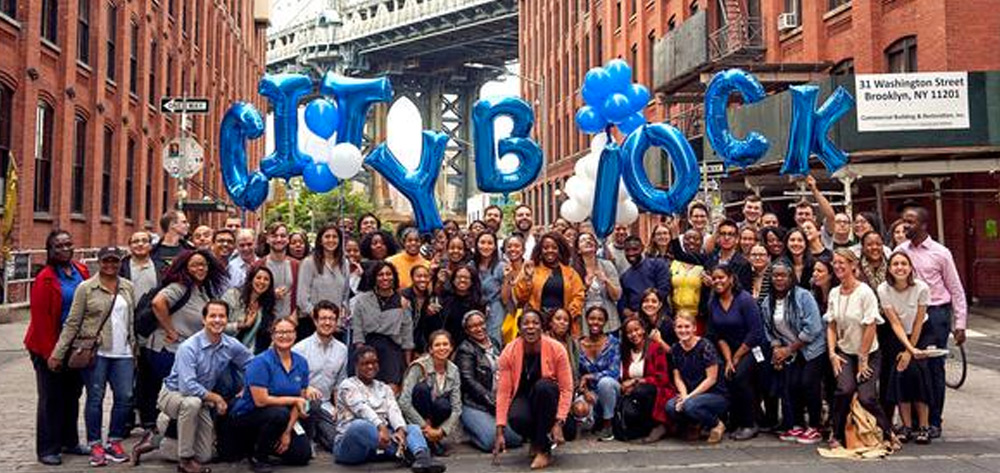
Cityblock Health, a startup trying to improve health care for low-income patients with complex medical needs, has raised $160 million in an investment that values the company at more than $1 billion.
The new Series C fundraising brings Cityblock’s total equity investment to $300 million. It was led by by General Catalyst with participation from Wellington Management and some earlier investors.
Cityblock is one of several venture-backed firms trying to deliver care that’s both more efficient and responsive to patients. Others in the market include Iora Health and Oak Street Health Inc., which went public earlier this year and is now valued at around $13 billion.
Founded in 2017, Cityblock now cares for more than 70,000 members in three U.S. states and Washington, D.C. The company contracts with insurers to take care of some of their most costly patients, augmenting traditional medical visits with virtual care, in-home attention, and social support. The approach aims to keep patients healthy and out of the hospital, saving money in the long-run.
Cityblock works with insurers such as Massachusetts-based Tufts Health Plan to identify patients with complex medical needs, who tend to be particularly costly to the health-care system and poorly served by it. Many also have mental health conditions, substance use disorders, and barriers like inadequate housing or transportation that affect their health.
Almost 80% of the company’s members have at least three chronic conditions. Two-thirds are people of color, a group hit particularly hard by Covid-19.
“Our population tends to have very significant social needs and social challenges, all of which, as Covid played out, we now know to be pretty significant risk factors for disproportionately poor outcomes from coronavirus,” co-founder and Chief Health Officer Toyin Ajayi said in an interview.
Pandemic disruptions have validated Cityblock’s approach and payment model, according to Ajayi and co-founder Iyah Romm, who’s also chief executive officer.
“This moment in time, as hard as it is for all of us, has only reinforced the need for home-based care, for virtually delivered care, and for trust-based care,” Romm said.
Like a growing number of health-care providers, Cityblock takes on some or all of the financial risk of treating patients. The company uses a value-based care model, collecting fixed payments of as much as $15,000 to $30,000 annually per member, rather than charging fees for each service provided.
While many fee-for-service medical providers saw revenue drop during the spring shutdowns, Ajayi said providers in value-based arrangements had stable revenue and the flexibility to do what they needed to take care of patients.
Cityblock was spun out of Alphabet Inc.’s Sidewalk Labs three years ago. (Sidewalk Labs CEO Dan Doctoroff, who sits on Cityblock’s board, was CEO of Bloomberg News parent Bloomberg LP until 2014.)
The company now employs more than 500 people, with patients in New York, Connecticut, Massachusetts, and Washington. Cityblock declined to share details of its revenue but said it had tripled in the past year.
The new funding will go both to expanding geographically to new markets and to further developing the technology that the company uses to track patients’ needs and coordinate their care.
The core business question for Cityblock and others trying to improve care for high-risk patients is whether they can actually reduce complex patients’ costs over time.
A randomized control trial of care delivered by the Camden Coalition of Healthcare Providers, a New Jersey nonprofit, found that an intervention to target high-cost complex patients failed to reduce costly hospital readmissions compared with a control group that didn’t get the intervention.
Yet Cityblock’s founders said the company is seeing declines in unnecessary hospital use along with increased patient engagement. Its business model depends on reducing the total cost of care, Ajayi said. “Our success is predicated on our ability to take care of people and deliver better health outcomes,” she said.
